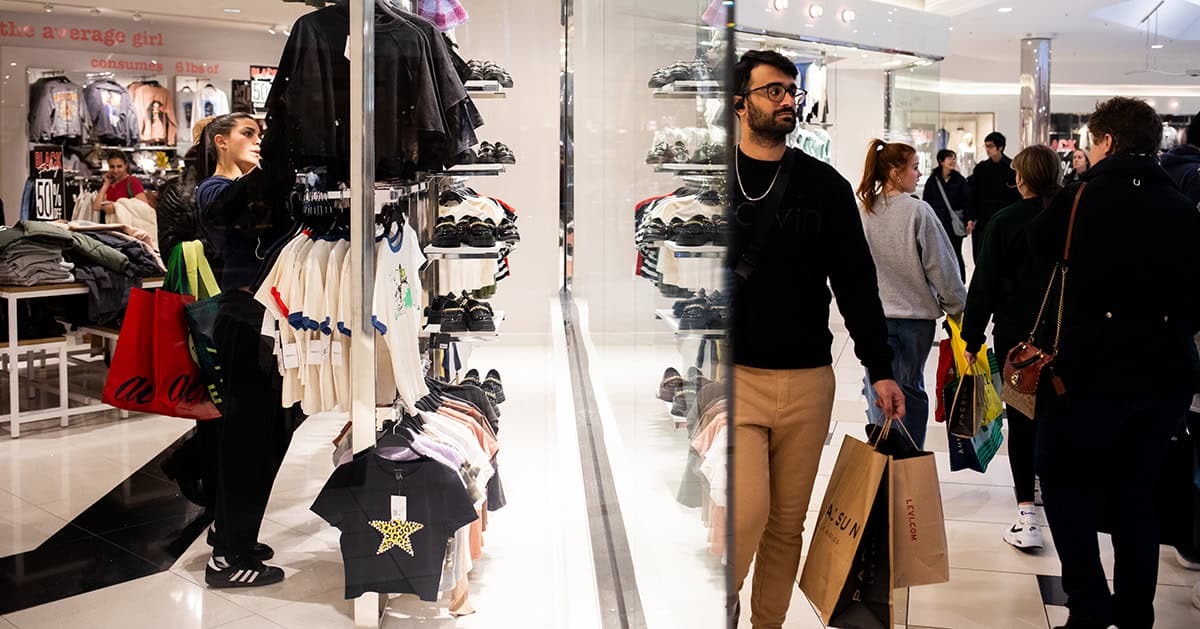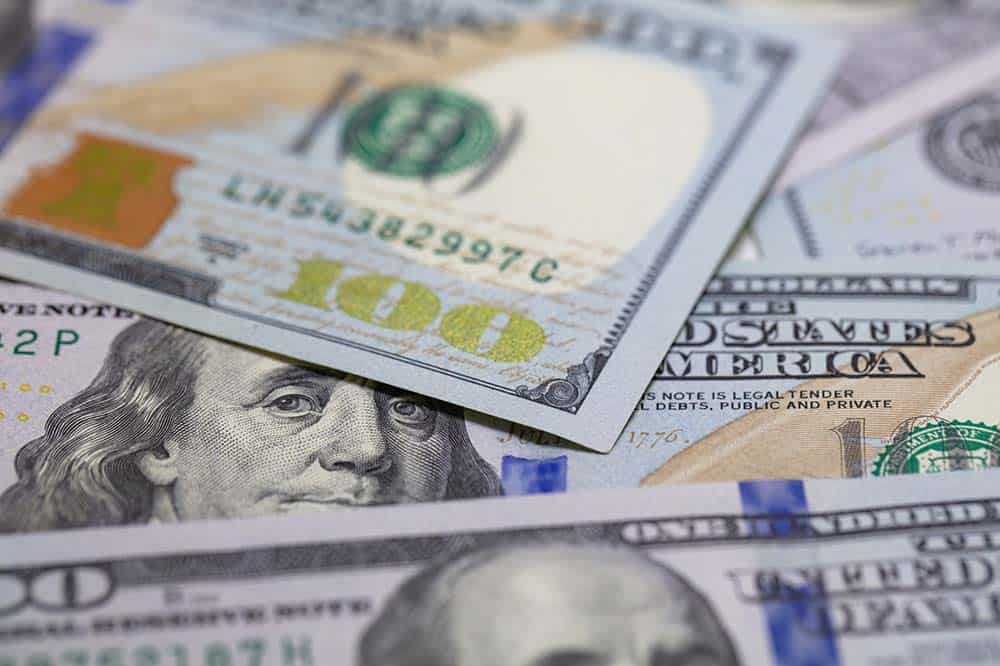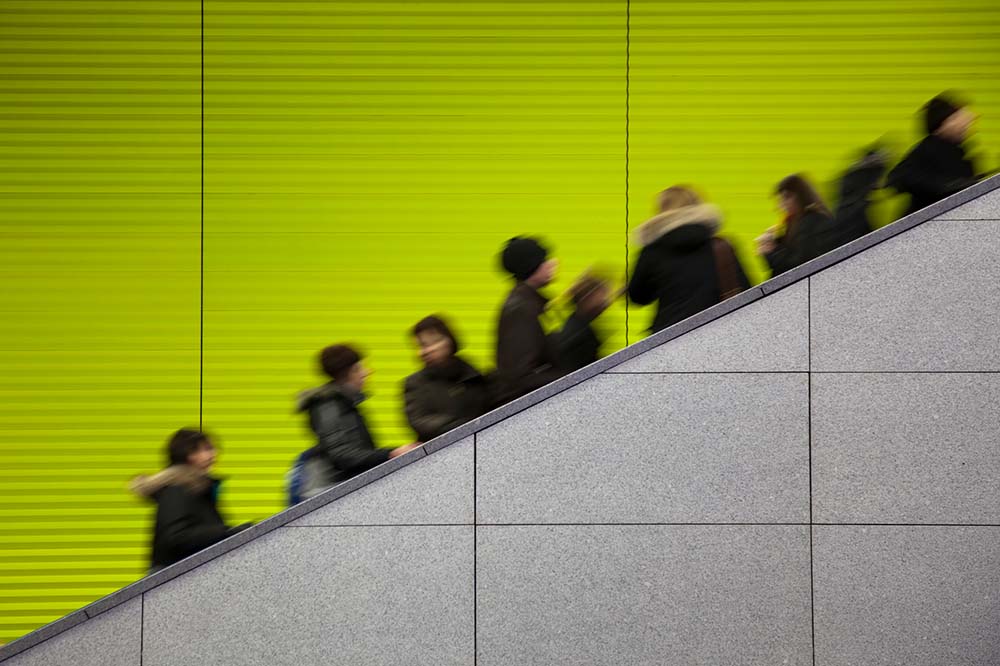Until COVID-19 Is Under Control, Economic Damage Will Linger, Experts Say
Last Updated October 15, 2020
As the White House and Congressional leaders continue to discuss additional coronavirus (COVID-19) legislation, a pair of top policy experts offered insights into the state of the economy, the effectiveness of relief legislation enacted thus far and what it all means for the election and beyond.
In the latest edition of the Peter G. Peterson Foundation’s Economic Forum series, Lanhee Chen, a public policy fellow at the Hoover Institution and advisor to Republican presidential campaigns, and Austan Goolsbee, former Obama administration Council of Economic Advisors chairman, agreed that the economic damage from COVID-19 will linger as long as the pandemic is not under control — and until then, more federal relief is likely necessary.
“The furnace is out, and in order to prevent freezing to death, we're going to burn money to stay warm. That will work. That will keep you warm as long as you keep shoveling money in,” Goolsbee said.
Chen said, “It’s like putting a Band-Aid on a giant, gaping wound. I think it's better than not trying to stop the bleeding. Obviously, you've got to do what you can.”
The panelists both noted the disparate impact of the pandemic on lower income and vulnerable communities.
“Any activity that we look at going forward needs to recognize that this is a recession that has not been felt equally by people across the different parts of the income distribution in this country,” said Chen. “I think people who have been working in retail jobs, in hospitality jobs, folks who don't have the luxury of working from home, who can't translate their activity into the home as easily, people who have child care needs — frankly, those tend to be disproportionately clustered at the lower end of the income distribution, as well. Those are things that concern me about what we've seen.”
Goolsbee and Chen shared different views on the policy response and economic recovery, with Chen favoring a targeted approach that precludes broad-based federal aid to states and localities. Goolsbee said he is willing to err on the side providing too much relief funding than too little, with a focus on citizens and states but not big corporations that “already have epically low costs of capital and can access public markets.”
“I'm much more on the, let's get some more money out to people, because the loss function, if you want to think of it that way, is so much higher chance of permanence if you're too small than if you're too big,” Goolsbee said. “This is not basic investments. It's not stimulus. It's largely about relief, and so, I'm more sympathetic to give it to the people.” National emergencies, he argued, should be dealt with through the federal budget, that COVID-19 aid for states can be proportional to population or caseloads.
“I'm in agreement that it is most preferable to help, for example, individuals who have had economic displacement,” Chen said. “It is helpful to look at businesses, particularly the smaller businesses that haven't had capacity or access to capital that have needed to have that assistance.” However, Chen said that he is “not particularly sympathetic” to additional relief aid for state and local governments. “To use California as one example, there's plenty of tax revenue there. In fact, the amount of tax revenue coming in in California reached record levels in recent quarters,” he said. “Some of these trends about states and localities having issues pre-existed this pandemic, and the notion that we would use this pandemic now as an excuse to create these bailouts, I think, is deeply problematic.”
Chen and Goolsbee both addressed the nation’s fiscal outlook, which has worsened considerably due to the economic damage and necessary legislative response to the pandemic.
“Our [fiscal] pathway is broken,” Chen said. “Now we’re going to have public policy on top of that, that further exacerbates the problem. That does concern me. I would hope at some point we've got to recognize that this problem doesn't get easier as time goes on, it gets a heck of a lot harder.”
Goolsbee said he doesn’t see a fiscal crisis on the horizon but placed the debt as a moral question, as we consider the impact on future generation.
“Eventually, the question should be asking is a generational kind of a question: is it fair that people born in 1950 are going to pay substantially lower taxes as a share of their lifetime income than kids that are going to be born in 2025 are going to have to pay? That's the kind of thing that's the proper question to think about.”
Image credit: Photo by Spencer Platt/Getty Images
Further Reading
Why Is the Federal Deficit High If Unemployment Is Low?
The U.S. is experiencing an unusual and concerning phenomenon — the annual deficit is high even though the unemployment rate is low.
What Is Inflation and Why Does It Matter?
Here’s an overview of inflation, why it matters, and how it’s managed.
Three Reasons Why Assuming Sustained 3% Growth is a Budget Gimmick
Lawmakers are reportedly counting on 3 percent economic growth for the next decade. Here are three key reasons why that is an irresponsible budget gimmick.


